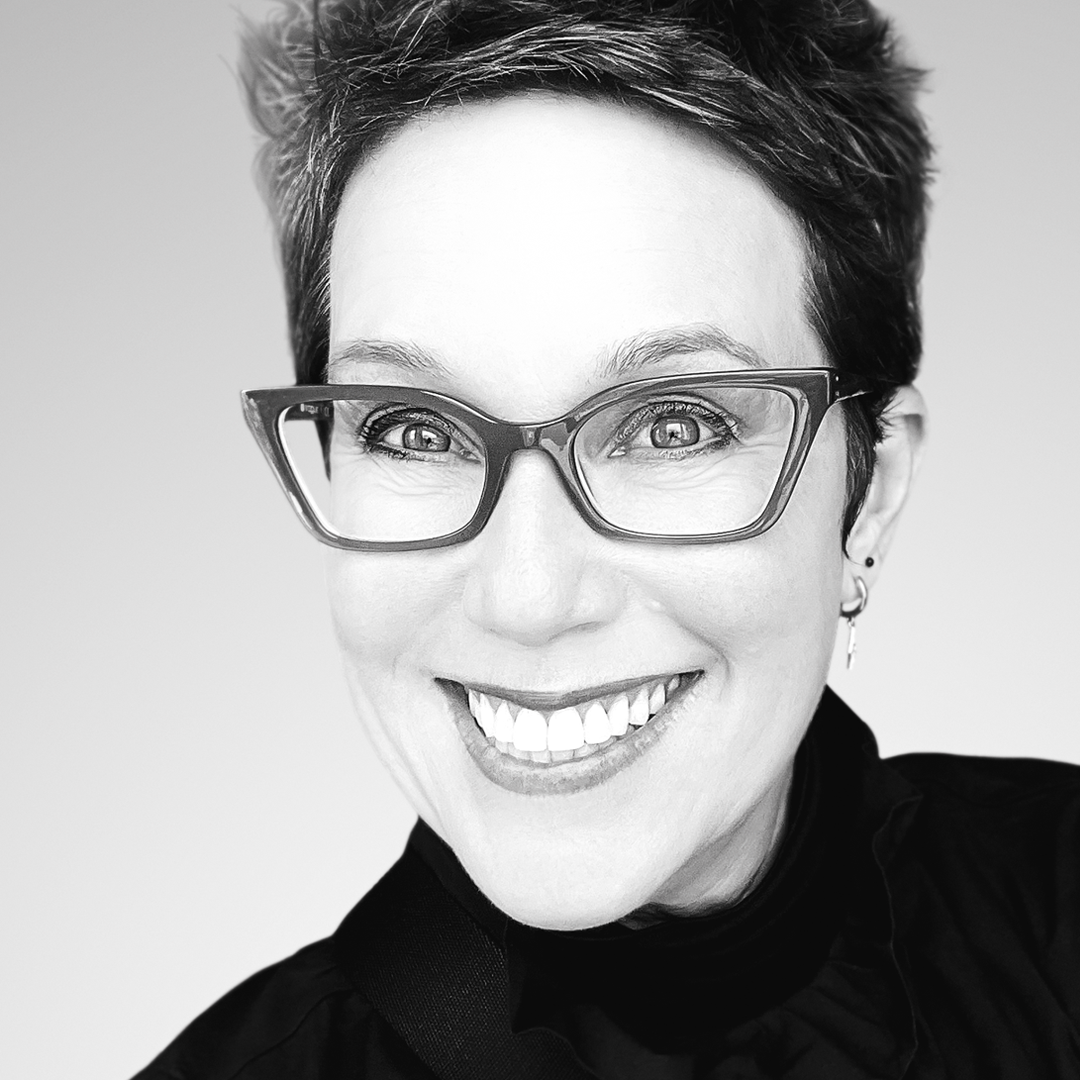Key Takeaways
- Freelancers increasingly seek benefits like health coverage, sick leave, and retirement support, not just a competitive rate.
- Offering freelance health insurance and other high-value benefits can be the tipping point when talent are comparing multiple well-paying opportunities.
- Paid sick leave and mental health resources show freelancers you value their well-being and long-term success.
- Partnering with a staffing agency can help you offer top-tier benefits to freelancers and stand out.
If you’ve ever brought on new talent, you know that matching the right skills to the right role isn’t always easy. In fact, 81% of recruitment professionals say filling roles is a challenge. If you’re working to attract top freelancers, one way to stand out is by offering something not everyone does: benefits.
For freelancers, accessing high-quality, affordable benefits is a real struggle. About half say getting health insurance is difficult, and 23% go without it altogether. Expanding beyond traditional compensation gives you a simple, effective way to attract top talent by offering something many competitors don’t, which is high-quality benefits.
Why top talent value benefits for freelancers
While offering a competitive wage is important to freelancers, when talent are evaluating several positions that all pay well, what you need is a tipping point. The struggle around benefits is often enough to create that tipping point. One study found that 60% of workers rated benefits as a very important contributor to job satisfaction.
Partnering with a staffing agency can help you offer high-quality benefits, even if the position isn’t full time. For example, some agencies only require talent to work a minimum of 20 hours per week to access benefits. Calling out these perks in your job listings can help your opportunity stand out, especially when it comes to essentials like health insurance as a freelancer, which many struggle to access on their own.
How to spot high-quality health benefits
When you’re considering working with a staffing agency, you probably have a list of questions. One of those might be “Do you offer freelance health insurance? ” While many agencies can say yes, the better question to ask is:
What type of benefits do you offer to freelancers?
Some agencies only provide preventive care or low-value indemnity plans that reimburse a fixed amount per visit, regardless of the actual cost. Make sure your partner offers major medical coverage, including unexpected hospital visits and specialized care. Ideally, they’ll have multiple options so freelancers can choose a plan that fits their needs.
It’s also important to ask about deductible amounts. If a freelancer has to meet a $5,000 deductible before coverage begins, they may delay or avoid seeking care. That can reduce the perceived value of the benefits and the position itself.
Why paid sick leave matters to freelancers
Freelancers often work without the safety net of sick pay. When they’re unwell, they might push through the day instead of taking time to recover, which lowers productivity and increases the risk of burnout. Paid sick leave helps reduce “presenteeism,” which happens when someone works while sick. This issue costs organizations roughly $207 billion each year in lost productivity.
Giving your freelancers access to paid sick time allows them to step away when they’re sick or when a family member needs care. Reducing the stress around illness not only supports their well-being but also helps them feel more positive about your project and more excited to work with you again in the future.
Retirement plans can set you apart
With freelancers moving from gig to gig, many struggle to build retirement savings. One study found that roughly 41% of freelancers don’t have a defined contribution plan such as a 401(k).
An easy way to add value beyond regular paychecks is to offer access to a high-quality retirement savings plan. Some agencies provide enrollment from day one with immediate vesting and employer-matching contributions.
For freelancers juggling multiple projects, having support for their financial future is a major perk. It allows them to make progress that would be difficult to achieve on their own without employer contributions.
Support freelancers with mental health benefits
Freelancers face unique stressors, including income instability and, in many cases, isolation. Freelancer mental health also appears to be on the decline, with 45% in a recent survey reporting a decline in mental health in 2024.
When freelancers know they have access to mental health resources, such as wellness platforms, digital therapy tools, and dedicated sick days, they can take care of themselves without guilt or worry. As you evaluate benefits offered by a staffing agency partner, ask about these resources, what’s available, and how they educate freelancers about them. Taking this step can help you offer high-quality contingent workforce benefits and support for freelancer well-being.
Be the brand freelancers want to work with
Attracting talent by offering a competitive hourly rate is a great starting point, but it’s important not to stop there. When you attempt to solve the challenges workers face, such as the cost of health insurance as a freelancer, saving for retirement, and maintaining their mental health, you can attract more of the talent you want to hire. You also support their well-being and help them continue to thrive when they are working with your organization and on future projects.
Would you like to learn more about how offering high-quality benefits can improve your ability to attract and retain top freelance talent? Check out how benefits can support your attraction and retention efforts.
Latest.

Freelancing with benefits: What to know when your gig ends.
Career Advice, Diversity, Equity & Inclusion, Retention Strategies, Talent Acquisition & Recruitment

Charting a human-first future in the new age of AI design.
Insights from InsideOut, Leadership & Management, Content & Creative, Innovation & Emerging Tech

Digital itineraries are reshaping the visitor economy.
Content & Creative, Engineering & Technology, Innovation & Emerging Tech, Technology, Travel & Hospitality








